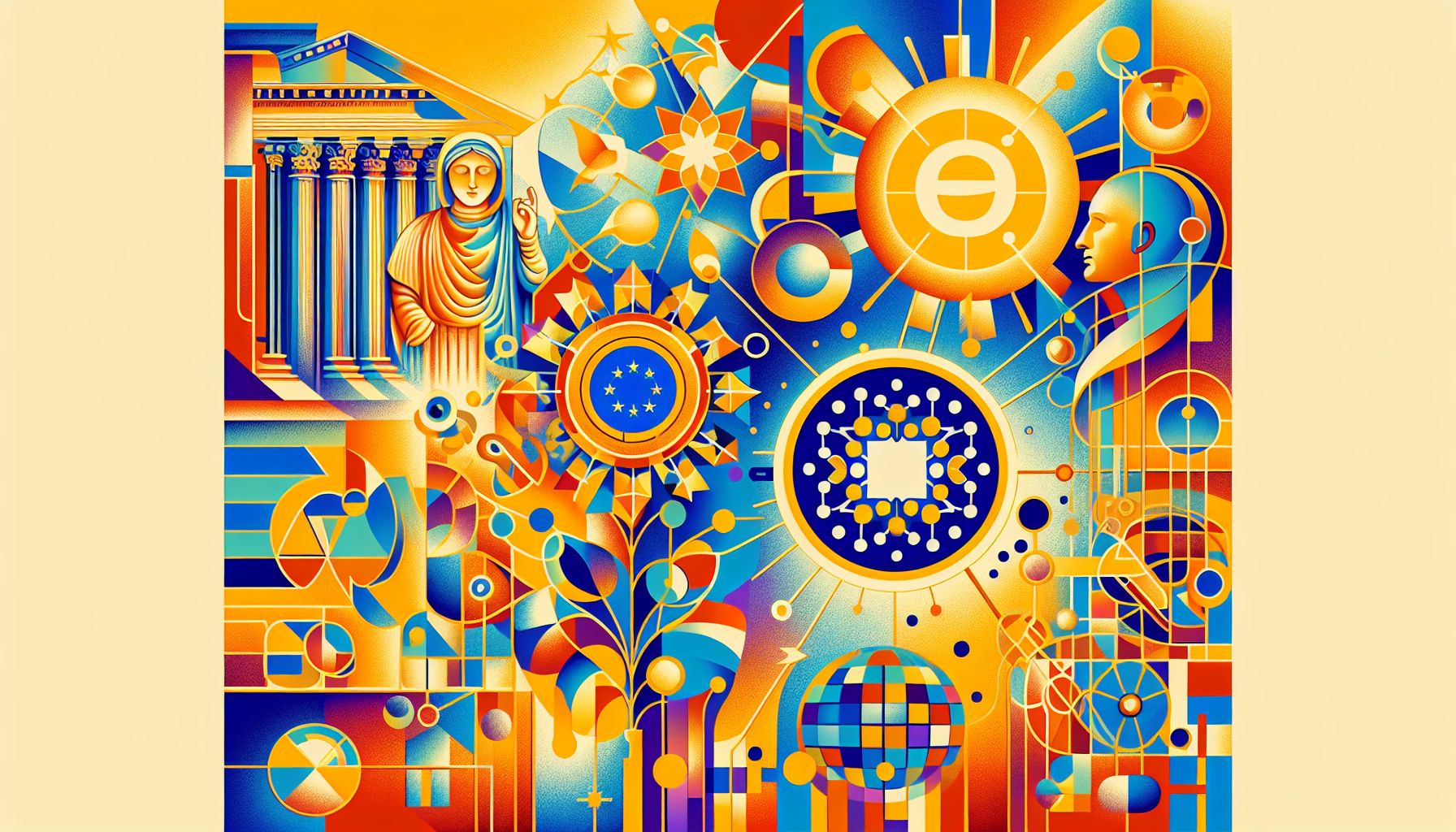Tech Giants Join EU's AI Pact: A Step Towards Responsible AI Development

San Francisco, Thursday, 26 September 2024.
OpenAI, Microsoft, and Amazon are among 100 companies signing the EU’s voluntary AI Pact, aligning with the upcoming AI Act. The agreement promotes AI literacy, risk mitigation, and transparent labeling of AI-generated content, showcasing a collaborative effort to ensure safe and ethical AI development in Europe.
Commitment to the AI Act
The EU AI Pact, announced by the European Commission on 25 September 2024, represents a significant milestone in the governance of artificial intelligence. By signing this voluntary agreement, companies like OpenAI, Microsoft, and Amazon commit to adhering to the EU’s AI Act, which was enacted in August 2024. The Act regulates AI technologies based on their risk levels, with general-purpose AI rules coming into effect one year after enactment and obligations for high-risk systems expected in three years. This structured timeline allows organizations to gradually align their operations with the new regulatory framework.
Key Objectives and Benefits
The Pact emphasizes promoting AI literacy, identifying high-risk AI systems, and easing the adoption of AI across organizations. One of the core commitments includes ensuring human oversight and transparent labeling of AI-generated content, such as deepfakes. These measures aim to increase public trust in AI technologies by mitigating risks associated with their misuse. Sandro Gianella, OpenAI’s head of policy and partnerships for Europe and the Middle East, expressed pride in supporting the Pact’s priorities, which align with OpenAI’s mission to develop safe and beneficial AI technologies.
Collaborative Efforts and Workshops
The AI Pact also fosters collaboration among its signatories through workshops organized by the EU’s AI Office. These workshops provide a platform for idea sharing, allowing companies to discuss best practices and innovative solutions for responsible AI development. Approximately 700 companies have expressed interest in joining the Pact, indicating a broad commitment within the tech industry to adhere to responsible AI practices. Snap, one of the signatories, highlighted that their values and ongoing efforts are fundamentally aligned with the objectives of the AI Act.
OpenAI’s Role and Innovations
OpenAI, headquartered in San Francisco, California, is a prominent player in AI research and development. Known for its advanced AI models like GPT-3, DALL-E, and the recently announced text-to-video model Sora, OpenAI continues to push the boundaries of what AI can achieve. With a mission to develop ‘safe and beneficial’ artificial general intelligence (AGI), OpenAI’s involvement in the AI Pact underscores its commitment to ethical AI practices. Microsoft, which owns roughly 49% of OpenAI, and Amazon, both headquartered in the United States, also bring their considerable resources and expertise to the Pact, further strengthening the collective effort.
Future Implications
The AI Pact’s voluntary nature allows for flexibility and innovation while setting a clear path toward regulatory compliance. By promoting responsible AI development, the Pact aims to prevent potential negative consequences of AI technologies, such as bias, privacy violations, and the proliferation of harmful deepfakes. As companies work together to meet the Pact’s commitments, the future of AI in Europe looks promising, with enhanced safety, transparency, and public trust at the forefront.

